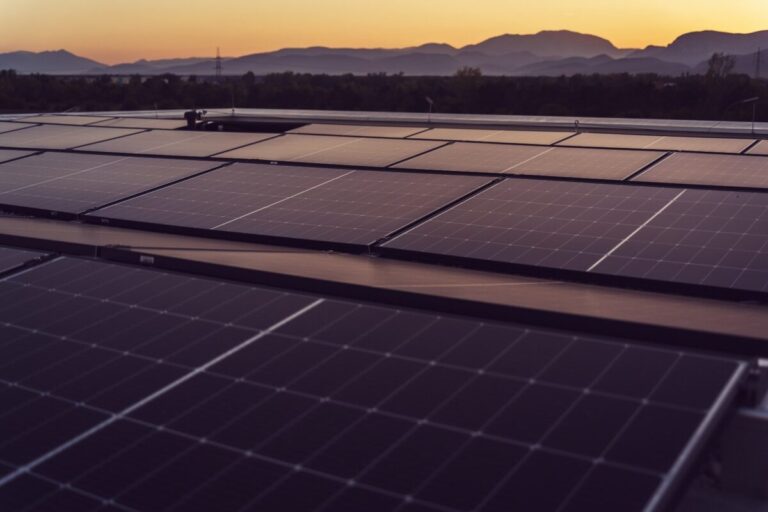Indonesia’s government has relaxed import rules for solar power plants in a bid to boost the development of renewable energy projects.
The government of Indonesia has relaxed local content requirements for solar projects. Under the new rules, introduced earlier this month, the minimum local content requirement for solar power plants has been reduced to 20%, compared to around 40% previously.
Solar projects will also be allowed to use imported panels, provided ministerial approval is obtained, a power purchase agreement is signed before the end of the year and the plant is operational in the first half of 2026. The import window closes in June. By 2025, the panels must be purchased from companies that are willing to invest in a production facility in Indonesia.
Meanwhile, the local content requirements for hydropower plants have also been reduced and are 15% for wind power plants. The updated regulations also say that any power project that receives at least 50% financing from foreign multilateral or bilateral lenders will be exempt from local content requirements.
“We have evaluated the rules so that the renewable power plants, especially hydro, wind and solar power, can be immediately installed in our system … and further reduce our emissions,” said Jisman Hutajulu, director general of the Ministry of Energy , earlier during a press conference. this week.
Fabby Tumiwa, executive director of the Institute for Essential Services Reform, said pv magazine that he is in favor of the changes to the regulation. “It is a balanced approach to accommodate the country’s existing solar cell and module manufacturers and remove barriers to financing and installation of solar PV projects.”
Tumiwa added that according to the Indonesian government-owned energy distribution company PLN, more than 2 GWp of solar PV projects are currently unable to be implemented.
“With this regulation, these projects will continue,” Tumiwa explains. “The relaxation is limited and appears to be temporary to allow some projects, including one in Indonesia’s new capital, IKN.”
Despite Indonesia’s enormous solar potential, the use of sustainable energy is currently behind target. Last year, renewables accounted for just over 13% of Indonesia’s energy mix, falling short of the target of 17.87%.
This content is copyrighted and may not be reused. If you would like to collaborate with us and reuse some of our content, please contact: editors@pv-magazine.com.


